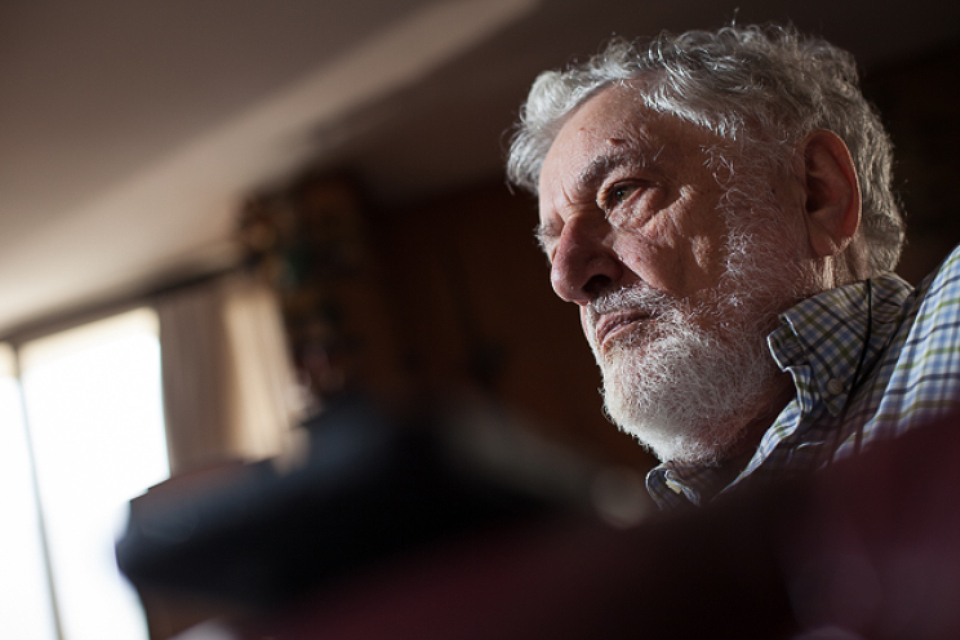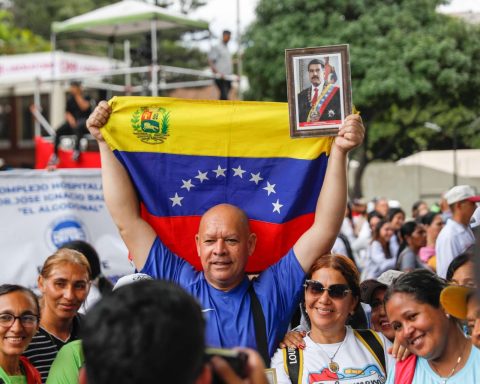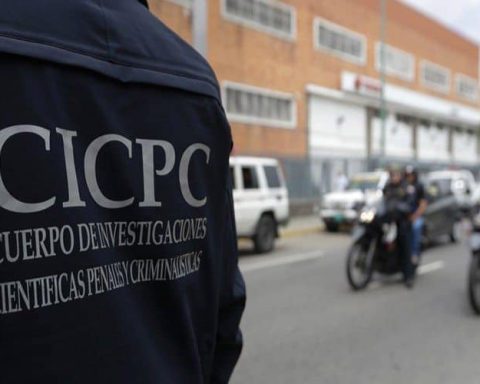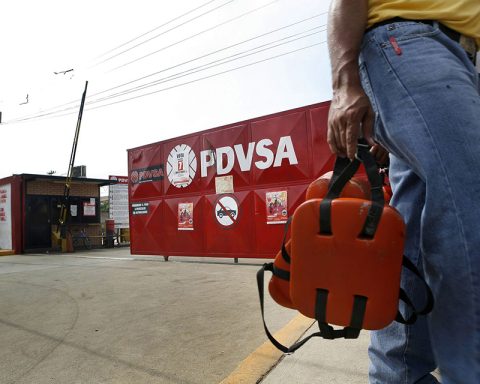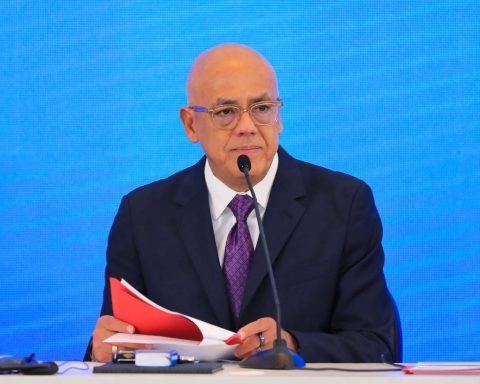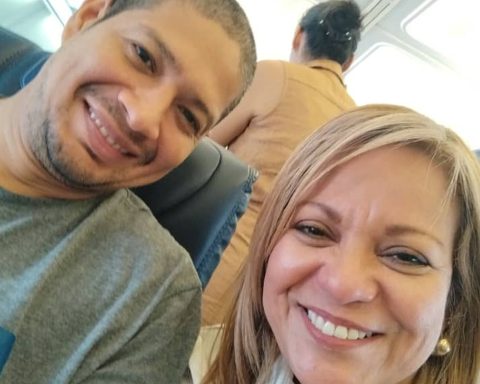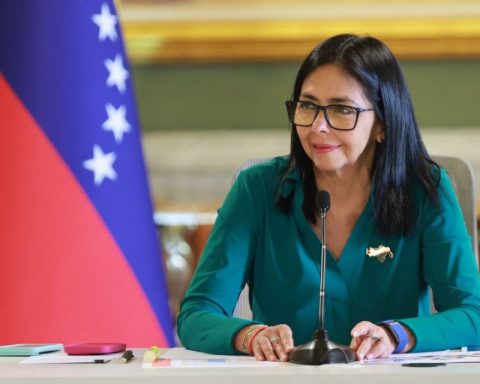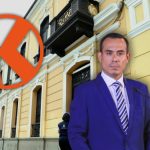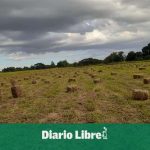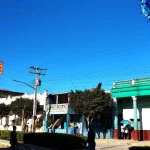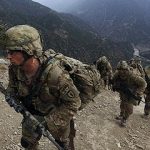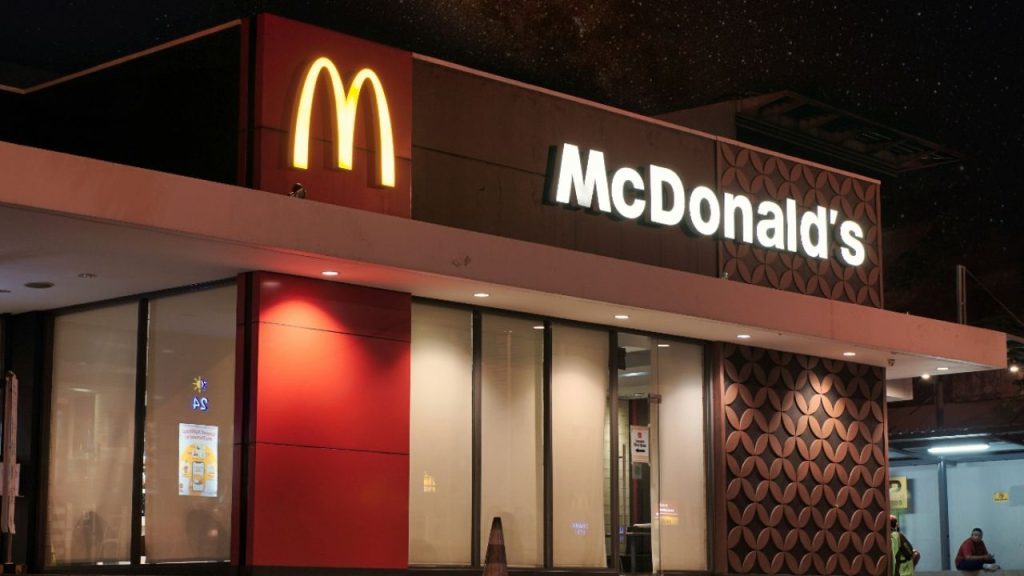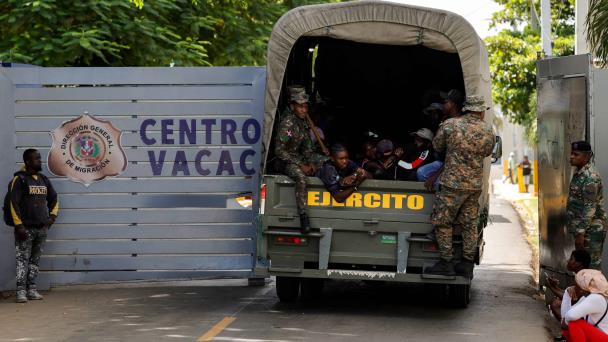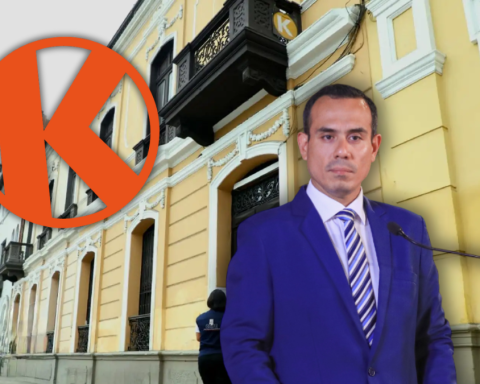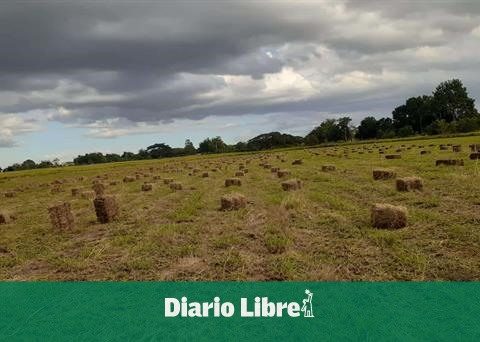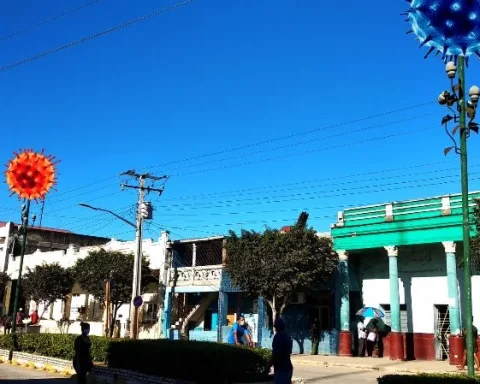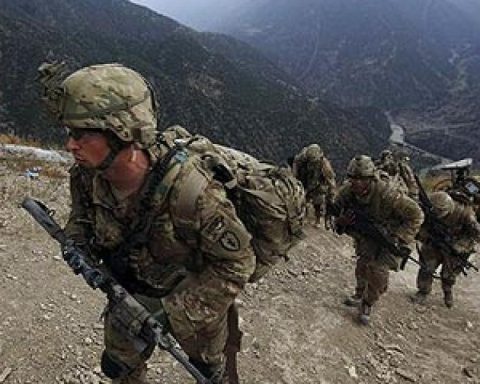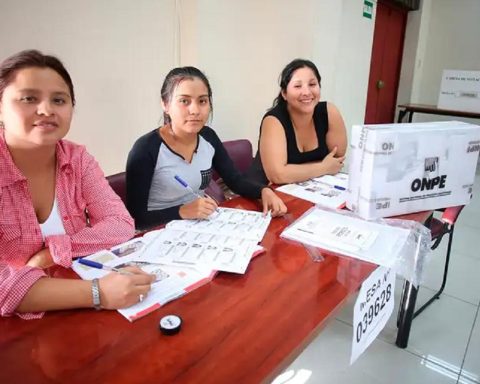By: Stephanie Gascón | Cover photo: Roberto Mata
Antonio Pasquali always spoke of his utopia, of his constant search for research and action. The Italian-Venezuelan theorist said that his was to “improve the way in which human beings communicate.” Five years after his death, this premise invites us to reflect: don’t we live in the era of information and communications technologies, which makes this utopia a reality?
The documentary Posthumous tribute to Antonio Pasquali (1929-2019)directed by journalism professor León Hernández, and which was screened again on Friday, October 4 at the Andrés Bello Catholic University to remember the teacher’s legacy, offers a look at the intimacy of this reserved character and his way of understanding and explaining communication, so necessary in these times.
What I didn’t want to tell
At home, Pasquali recounts the beginnings of his life, from his adolescence in Lombardy, Italy, to his arrival in Venezuela in 1948, where he was received by a shocking democracy and became nationalized in 1955. With nostalgia, he remembers the golden age of Venezuelan public education, which allowed him to study Philosophy at the UCV and obtain a doctorate in Paris.
In this context, he explores the world of communication, highlighting three of his books: Communication and mass culture, Understand communication and World communicationwho are reflective and have a “philosophical background.”
The audiovisual resources presentan to Pasquali as a philosopher dedicated to explaining communication. One of its central ideas, present throughout the documentary, is the need for genuine pluralism in the media, where public, humanitarian and commercial sources of information coexist.
Venezuela: politics and media
The political crisis in Venezuela led him to move away from teaching communication and dedicate himself to critical journalism. During the first five decades of Venezuelan democracy, Pasquali strongly questioned the Venezuelan media for being used by the “government in power” as propaganda tools. His vision of independent radio and television, financed by the State but not controlled by the government, is presented as an idea to confront that dominance and hegemony.
“Incommunicating communication is radio and television, and the internet came to change everything”
This phrase, uttered by Pasquali, underlines that the internet has restored the ability to respond, unlike radio and TV. During the discussion after the screening of the documentary, which took place in the Padre Sucre auditorium of the Ucab, the doctor in social sciences Marcelino Bisbal pointed out that we no longer listen to each other because our minds are immersed in the devices.
This raises questions: are radio and TV really incommunicative? Isn’t the internet incommunicative? Are we more connected and, at the same time, more isolated than ever? Antonio Pasquali died on October 5, 2019 in Spain, with several pending questions regarding human communication. It will be the task of future communicators and sociologists to explore this new phenomenology of communication.
*Read also: Antonio Pasquali, by Simón Boccanegra
Post Views: 107
